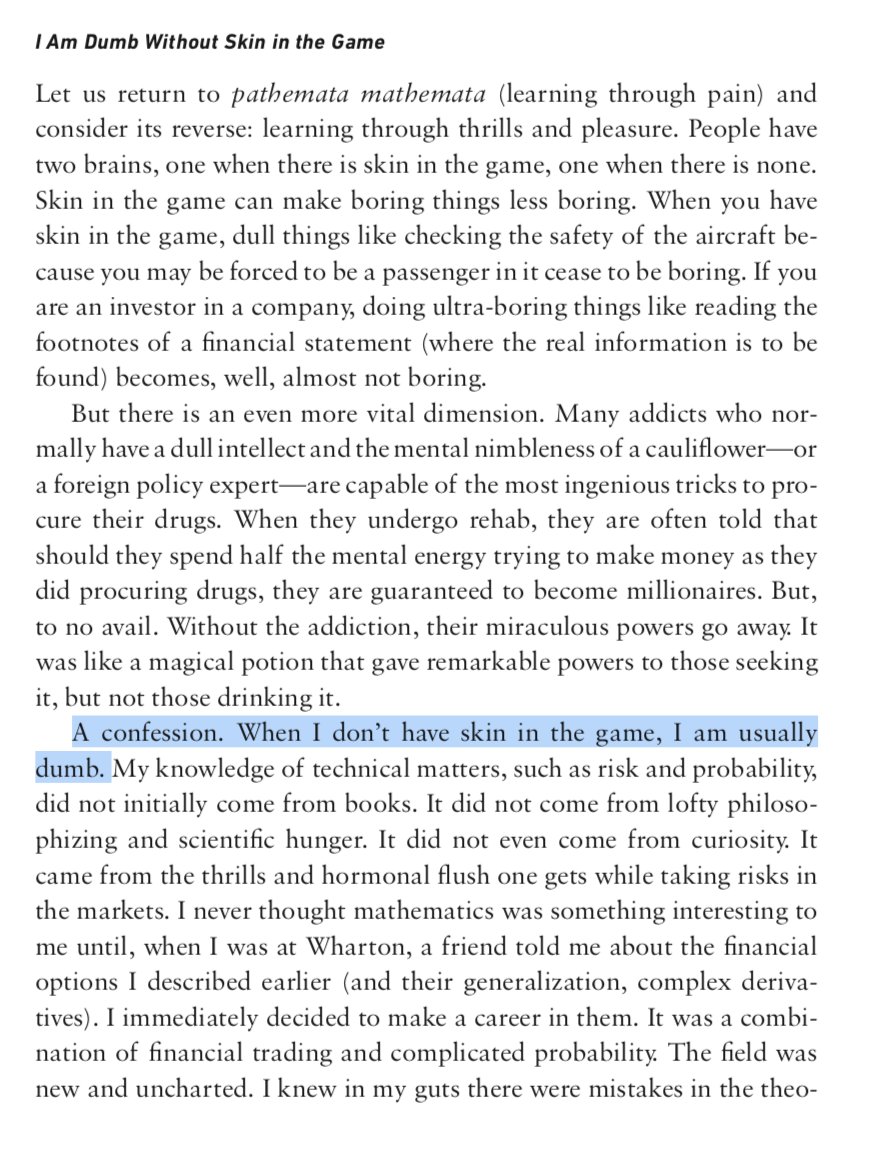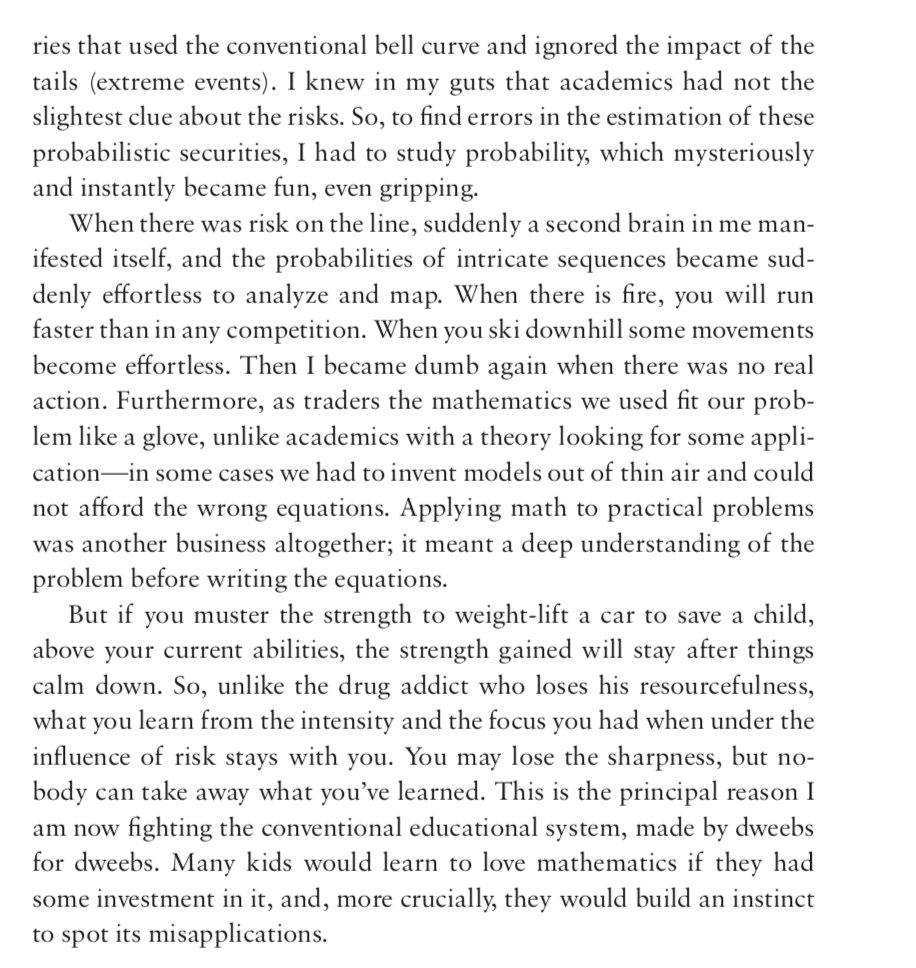(Lab experiments often measure immediate effects w/o considering how we will adapt.)
Measuring effect of a proximate mechanism. When other mechanisms are available. And is a deeper driver.
You guess: people only imagine one representative sufferer. <—proximate mechanism.
You conclude “representativeness heuristic” is what “causes” people to have “scope neglect.”
But...
Then maybe irl, if given a chance to adapt, even if asked to imagine all sufferers, they would find a workaround.
Especially when showing the effect of a proximate mechanism. When many proximate mechanism are available. And is a deeper driver of behavior.
Is there ten proximate mechanisms that lead to same phenomena?
If so, the proximate mechanism probably isn’t the *cause* even if your lab experiment shows a causal effect.
Ask self: if I remove this proximate mechanism, irl will people find a work around? If answer is yes, it’s probably not the “cause.”
If lab context is not one our emotions, ideologies, intuitions etc designed to handle.
But this is misleading. Can see why by giving subjects a chance to adapt to this novel context.
Will they give less on the 20th day?
I bet.
Well they will feel less empathy toward stranger. Develop an excuse. No longer intuit this is an appropriate time to give. Etc.
They will adapt.
The original measure was misleading.
Lab experiments that don’t give subjects chance to adapt can be misleading.
Especially when showing proximate mechanism. And irl is deeper cause+exist workarounds.
Or when experiment uses novel context. And intuitions, emotions, etc will adapt, given experience.





